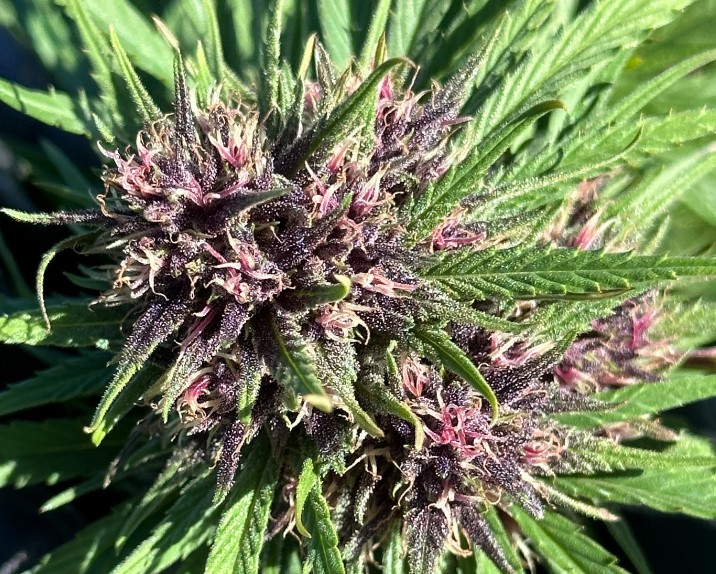Cannabidiol (CBD) has garnered significant attention in recent years as a promising compound with potential therapeutic benefits. As a key component of the cannabis plant, CBD is one of over 100 cannabinoids found in cannabis. Unlike tetrahydrocannabinol (THC), CBD does not produce a psychoactive effect, making it an appealing option for those seeking the potential benefits of cannabis without the “high” typically associated with it. This article delves into the science of CBD, exploring its mechanisms, benefits, and the role of CBD Flower in its application.
What is CBD?
CBD is a non-psychoactive cannabinoid derived primarily from the hemp plant, a variety of Cannabis sativa. Hemp plants have higher concentrations of CBD and lower levels of THC compared to marijuana plants. The legality of CBD Flower products often hinges on their THC content, with hemp-derived CBD being legal in many places as long as it contains less than 0.3% THC.
How Does CBD Work?
CBD interacts with the body’s endocannabinoid system (ECS), a complex network of receptors and neurotransmitters that regulate various physiological processes, including mood, pain perception, and immune function. The ECS consists of two main types of receptors: CB1 and CB2.
- CB1 Receptors: Found primarily in the central nervous system, CB1 receptors are involved in regulating mood, pain, and appetite. While CBD Flower does not bind directly to CB1 receptors like THC, it can modulate their activity indirectly, influencing how other cannabinoids interact with these receptors.
- CB2 Receptors: Located mainly in the peripheral nervous system and immune cells, CB2 receptors play a role in modulating inflammation and immune responses. CBD’s interaction with CB2 receptors is believed to contribute to its anti-inflammatory and pain-relieving effects.
Potential Benefits of CBD
- Pain Relief: CBD is often touted for its potential to alleviate pain. Research suggests that CBD may interact with receptors in the ECS to reduce pain and inflammation. Studies have shown that CBD Flower can be effective in managing chronic pain conditions such as arthritis and multiple sclerosis.
- Anxiety and Depression: CBD’s anxiolytic (anxiety-reducing) and antidepressant-like effects have been documented in several studies. By influencing serotonin receptors in the brain, CBD may help regulate mood and alleviate symptoms of anxiety and depression.
- Sleep Disorders: Many individuals use CBD Flower to improve sleep quality. Research indicates that CBD may influence sleep patterns by interacting with the ECS and regulating factors such as anxiety and pain that can disrupt sleep.
- Neurological Disorders: Preliminary studies suggest that CBD may have neuroprotective properties, making it a potential candidate for treating neurological disorders such as epilepsy and Parkinson’s disease. The FDA has even approved a CBD-based drug, Epidiolex, for the treatment of certain types of epilepsy.
The Role of CBD Flower
CBD flower refers to the raw, unprocessed buds of the hemp plant that contain high levels of CBD and low levels of THC. Unlike CBD Flower oil or other extracts, CBD flower is consumed in its natural state, often through smoking or vaporization. While this method of consumption is less common than CBD oil or capsules, it offers some unique benefits.
- Bioavailability: Smoking or vaping CBD flower can result in faster absorption of CBD into the bloodstream compared to other methods. This rapid onset can be beneficial for individuals seeking immediate relief from symptoms.
- Full Spectrum Benefits: CBD flower contains a full spectrum of cannabinoids, terpenes, and other beneficial compounds found in the hemp plant. This entourage effect, where multiple compounds work together synergistically, may enhance the overall therapeutic benefits of CBD.
Safety and Side Effects
CBD is generally considered safe and well-tolerated, with few reported side effects. Common side effects may include dizziness, dry mouth, and changes in appetite or weight. It is important for individuals to consult with healthcare professionals before starting CBD Flower , especially if they are taking other medications or have underlying health conditions.
Conclusion
The science of CBD reveals a compound with significant potential for a variety of therapeutic applications. By interacting with the endocannabinoid system, CBD may offer relief from pain, anxiety, sleep disorders, and neurological conditions. The role of CBD Flower UK in this context highlights its potential for providing quick relief and delivering a full spectrum of cannabinoids and terpenes. As research continues to unfold, CBD’s role in medicine and wellness is likely to expand, offering new possibilities for improving health and quality of life.

